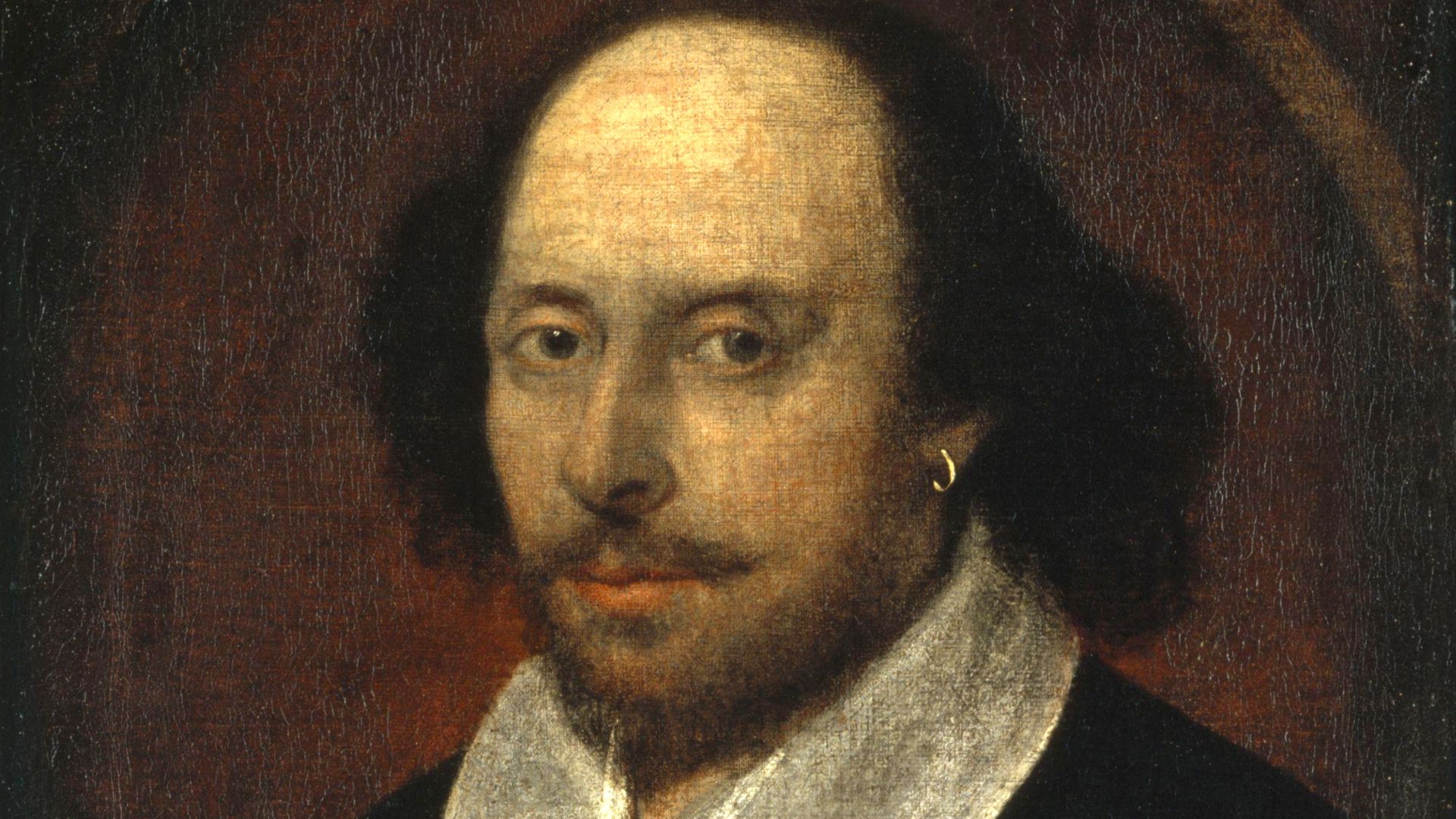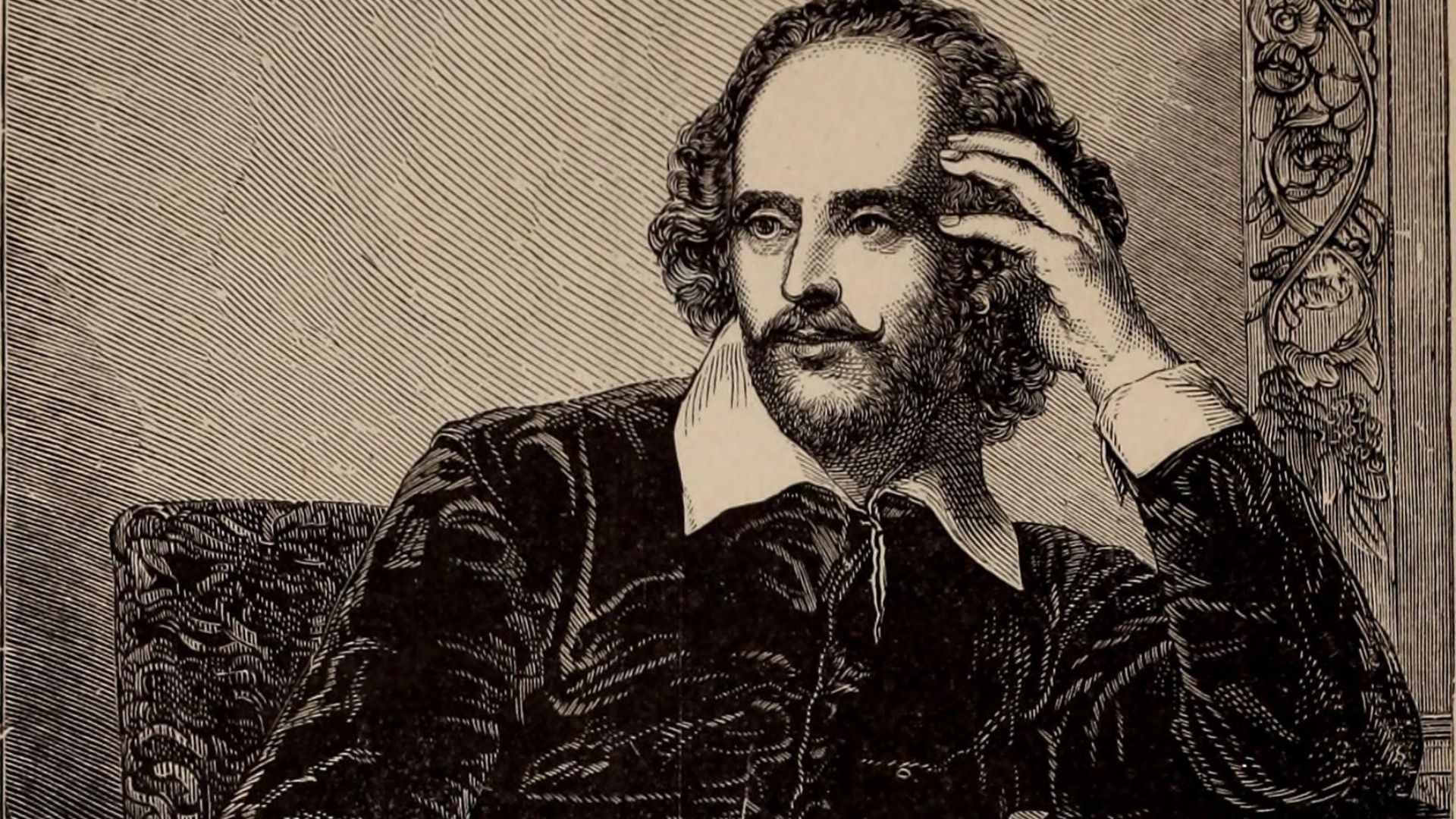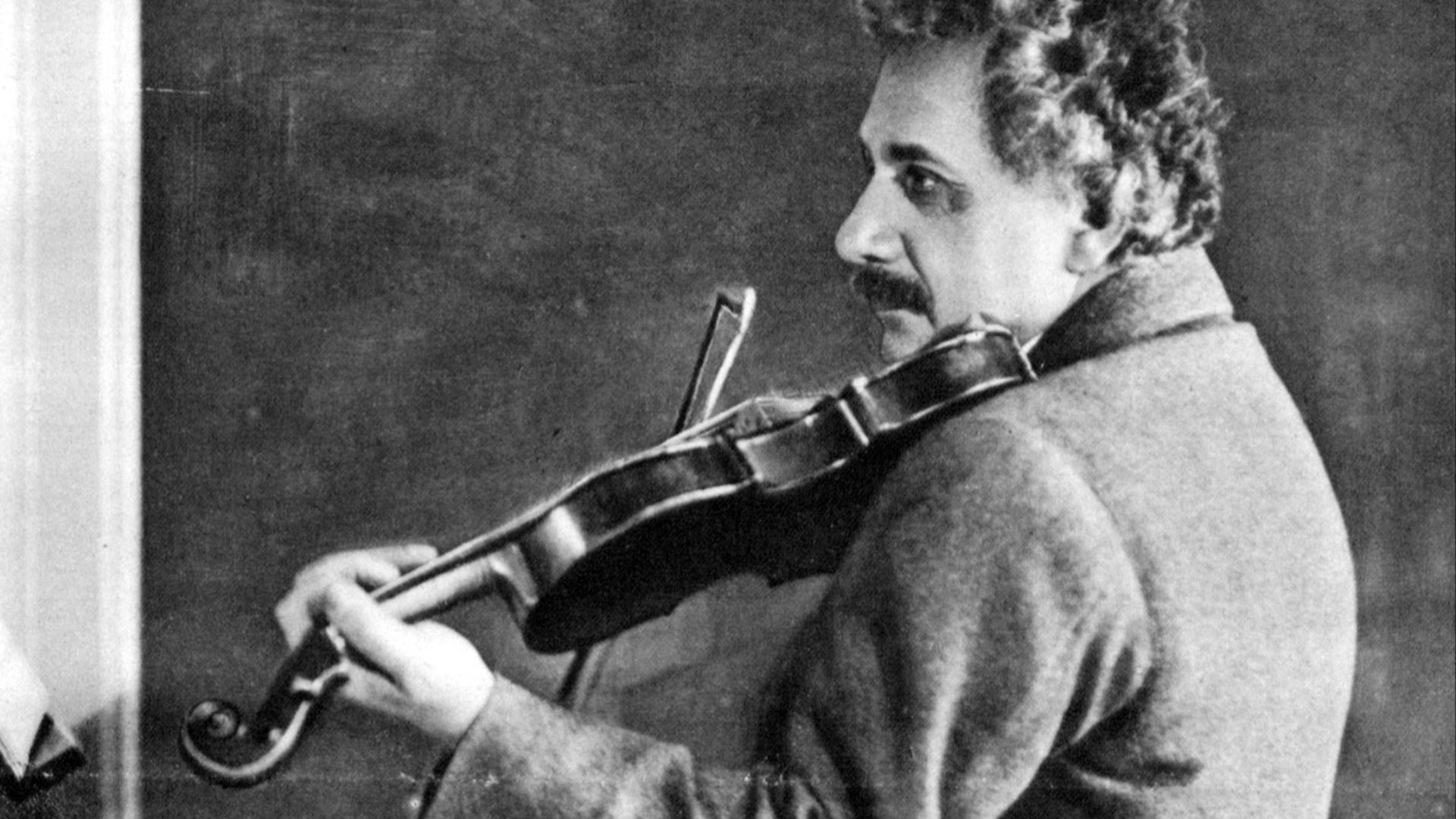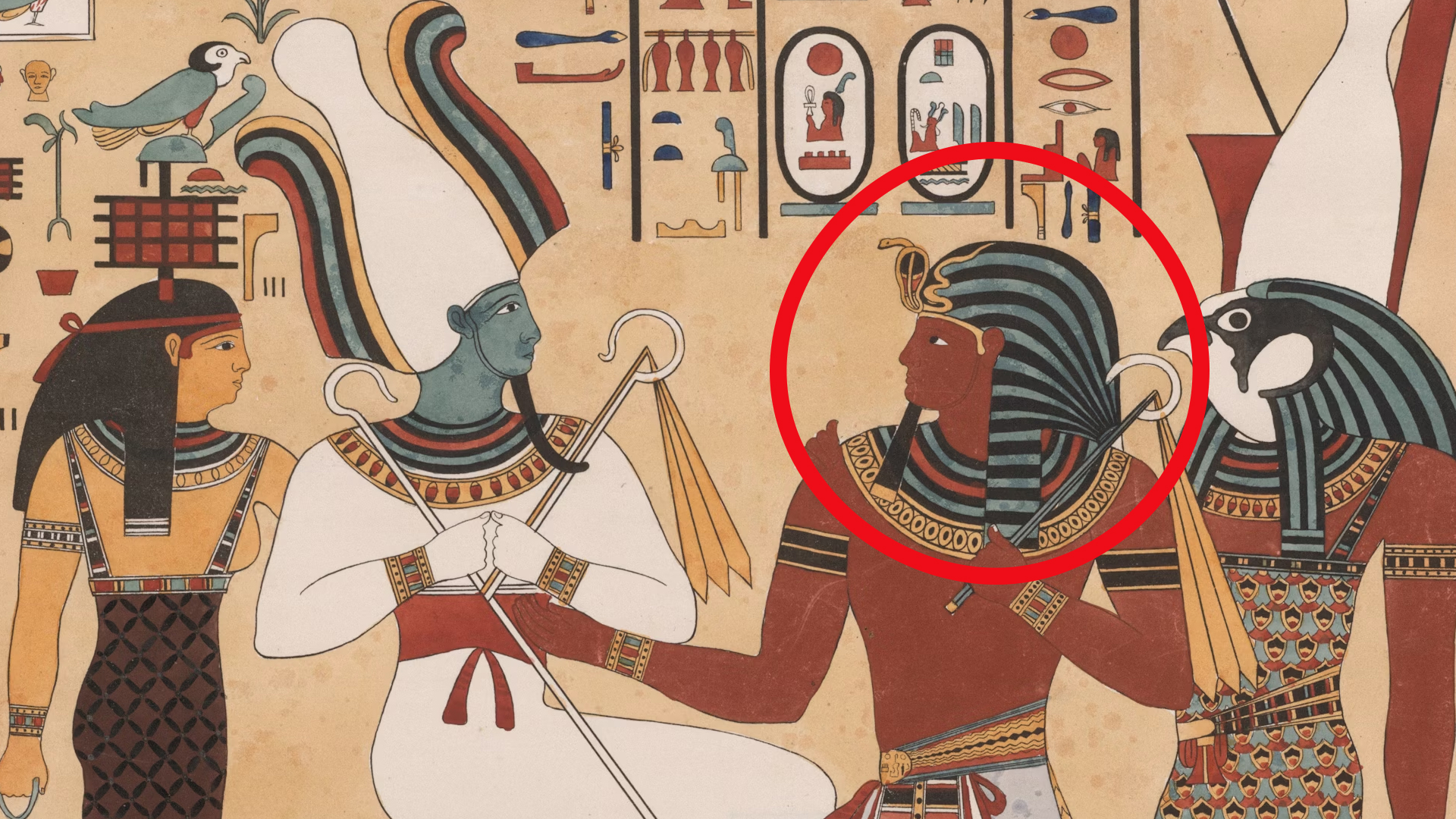Why People Still Argue Over Shakespeare's Authorship 400 Years After His Death
Why People Still Argue Over Shakespeare's Authorship 400 Years After His Death
 Attributed to John Taylor on Wikimedia
Attributed to John Taylor on Wikimedia
What do Helen Keller, Sigmund Freud, and Keanu Reeves have in common? They all believe that Shakespeare didn't exist.
Rather, they believe that the true genius behind Shakespeare's plays and poems used "William Shakespeare" as a pseudonym. Sure, there may have been a man named William Shakespeare who lived in Stratford-Upon-Avon, but he certainly didn't write his own work.
Why has this conspiracy prevailed more than four centuries after Shakespeare's death? Why is it so widespread? And who are some of the candidates put forward as the "true" author of Shakespeare's plays? Let's dive into it.
Playwright Or Plagiarist?
Believers of this theory are called Anti-Stratfordians. There is no unified candidate for who they believe wrote the plays, though there are a few major players. The main horses in this race include philosopher Francis Bacon, the 17th Earl of Oxford, Edward de Vere, and Shakespeare's contemporary Christopher Marlowe.
This theory should never gotten off the ground, given that the two best candidates for Shakespeare’s authorship—Christopher Marlowe and Edward de Vere—would have taken 'ghostwriting' to a more literal level, writing plays 12 and 23 years after their respective deaths.
If you visit the website of the Shakespeare Oxford Fellowship, which supports the de Vere theory, you will see claims that authorship questions arose within Shakespeare’s own lifetime. This is patently false. Not only do the Oxfordians fail to specifically name anyone in Shakespeare’s lifetime who doubted his identity, but these "doubts" weren’t realized until the 19th and 20th centuries.
Shakespeare was a respectable playwright who drew a good crowd in his own time. By the 19th century, his legacy was firmly cemented thanks to actors such as John Philip Kemble and Sarah Siddons playing his roles. As Shakespeare's posthumous fame grew, so did discomfort about his humble origins.
By 1848, the first confirmed doubts as to his identity began to surface. American Joseph C. Hart’s The Voyage of Yachting said of Shakespeare: "He grew up in ignorance and viciousness, and became a common poacher—and the latter title, in literary matters, he carried to his grave.”
Notably, Hart does not indulge in conspiracy. Rather, he asserts that Shakespeare was dead and "utterly forgotten" for over a century when play scripts he owned were erroneously published under his name.
Widespread Conspiracy
 Internet Archive Book Images on Wikimedia
Internet Archive Book Images on Wikimedia
From there, doubts only spiraled. Anti-Stratfordians had difficulty reconciling Shakespeare as both a great artist and an entertainer of the masses.
One thing you'll quickly notice in looking through candidates for Shakespeare's authorship is that they're all more educated than Shakespeare. Francis Bacon was Lord Chancellor, Edward de Vere was an Earl; though Christopher Marlowe was a tradesman's son, he attended Cambridge on a scholarship. When female candidates such as Emilia Lanier are suggested, they're universally aristocratic.
While Shakespeare was never an aristocrat, he was far from common. His father was a glovemaker by trade and rose through the ranks to become mayor of Stratford. His mother was from a wealthy but untitled family.
The Shakespeares were neither starving nor brainless. His parents and his own daughters were likely illiterate, but Shakespeare was almost certainly educated at the King’s New School in Stratford. As the child of an alderman, he was entitled to free education.
Grammar schools varied in quality, but their curricula didn't. Shakespeare would have been educated at the very least in rhetoric, Latin, the classics, and grammar. Subjects like law, medicine, and theology would have been on university syllabi, but even without them, he was not uneducated.
How, then, could a middle-class lad without a university education write about lands he'd never visited, write so intimately about the feelings and relationships between women, write poetry so beautiful that it's still taught around the world centuries after his body decayed?
The simplest explanation is also the best one. He did so by using his imagination. By being talented and honing his craft. By observing the world around him and building on the literary canon he had at his disposal. By being, well, Shakespeare
KEEP ON READING

How The Netherlands Became A Bike-Focused Country, And If We…
Gaurav Jain on UnsplashThe city of Amsterdam is well-known to…
By Breanna Schnurr Nov 18, 2025
Einstein's Violin Just Sold At An Auction—And It Earned More…
A Visionary's Violin. Wanda von Debschitz-Kunowski on WikimediaWhen you hear…
By Ashley Bast Nov 3, 2025
This Infamous Ancient Greek Burned Down An Ancient Wonder Just…
History remembers kings and conquerors, but sometimes, it also remembers…
By David Davidovic Nov 12, 2025
The Mysterious "Sea People" Who Collapsed Civilization
3,200 years ago, Bronze Age civilization in the Mediterranean suddenly…
By Robbie Woods Mar 18, 2025
20 Inventors Who Despised Their Creations
Made It… Then Hated It. Inventors often dream big, but…
By Chase Wexler Aug 8, 2025
20 Incredible Items In The British Museum People Say Were…
Mystery In History. The mighty halls of the British Museum…
By Chase Wexler Sep 8, 2025

